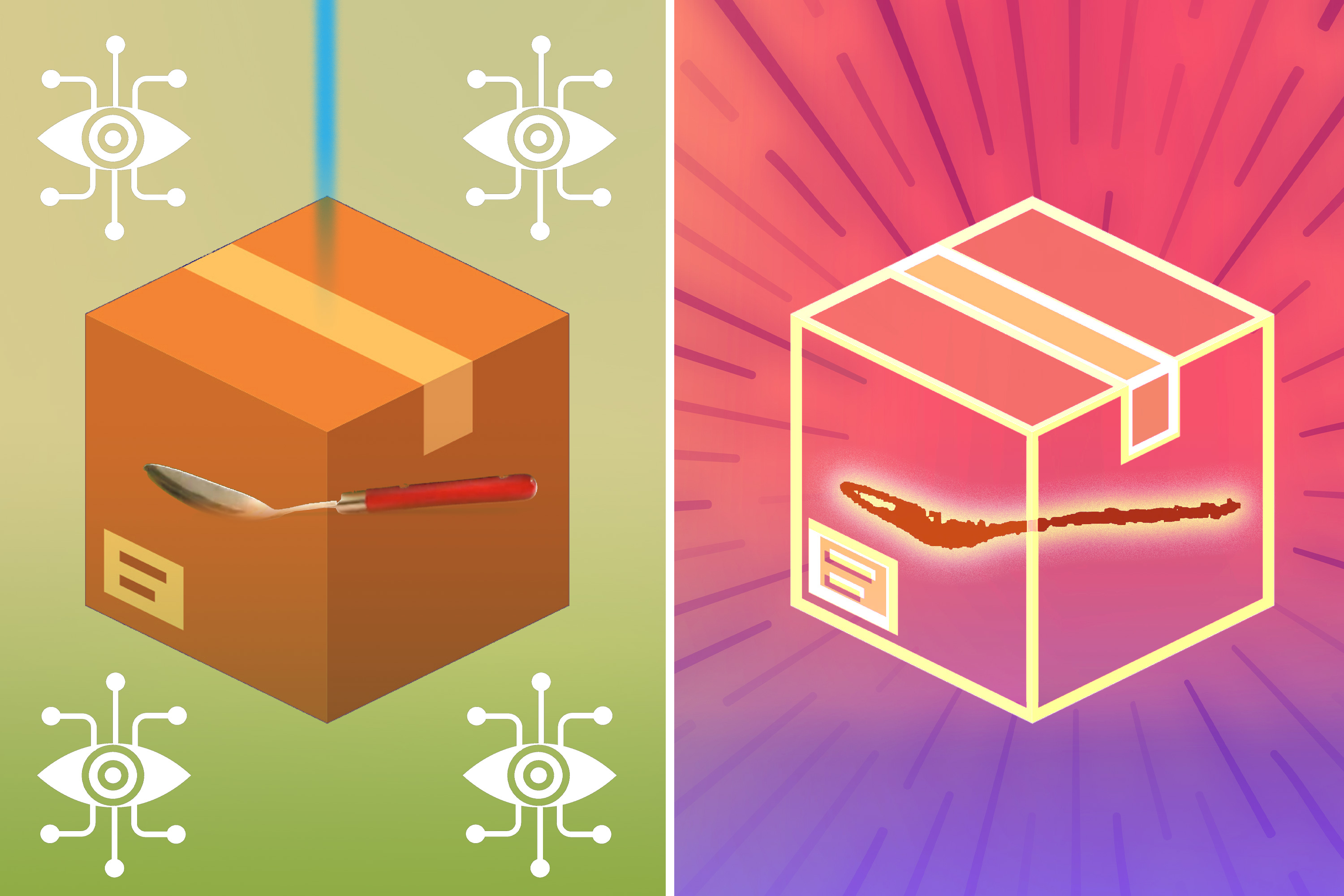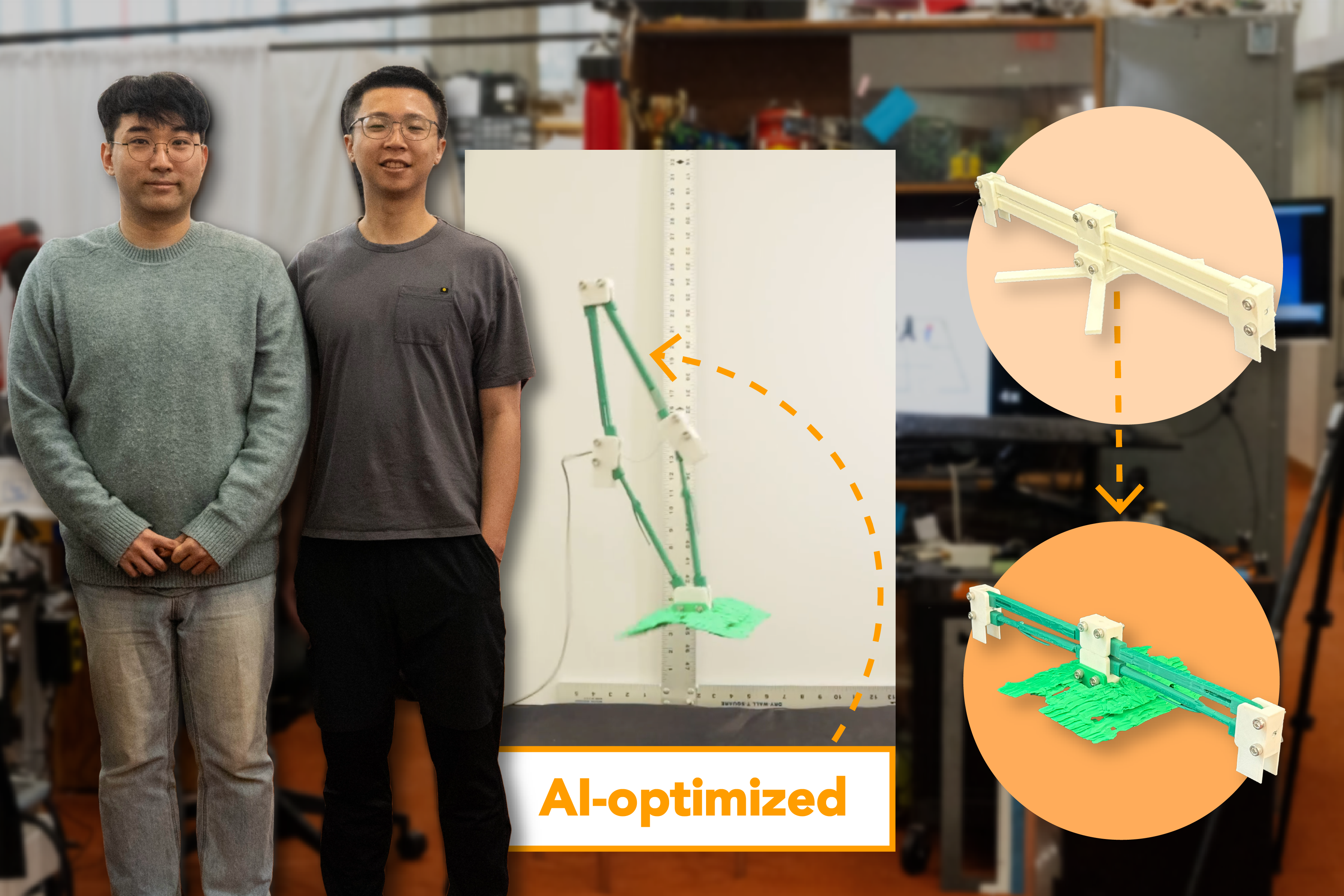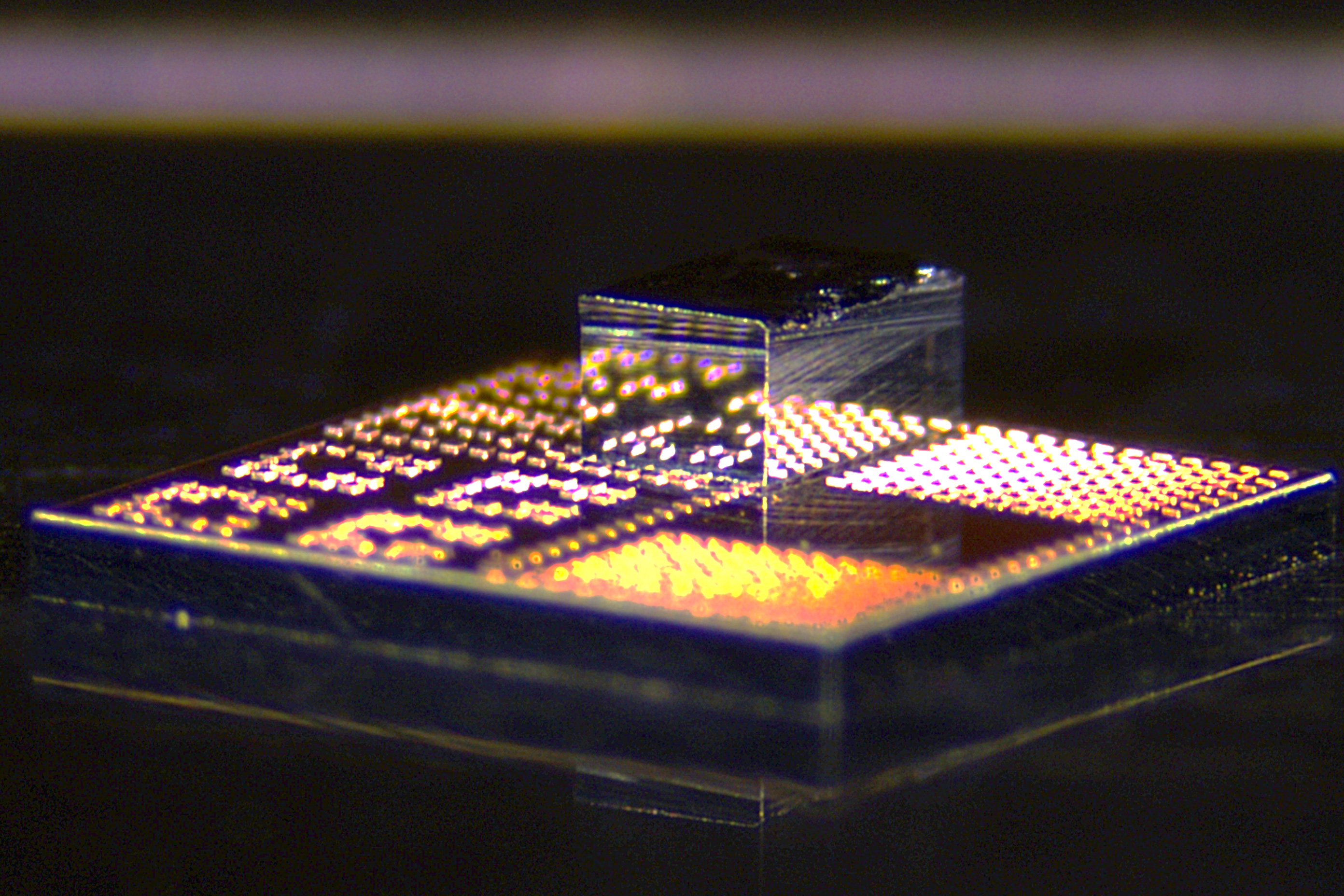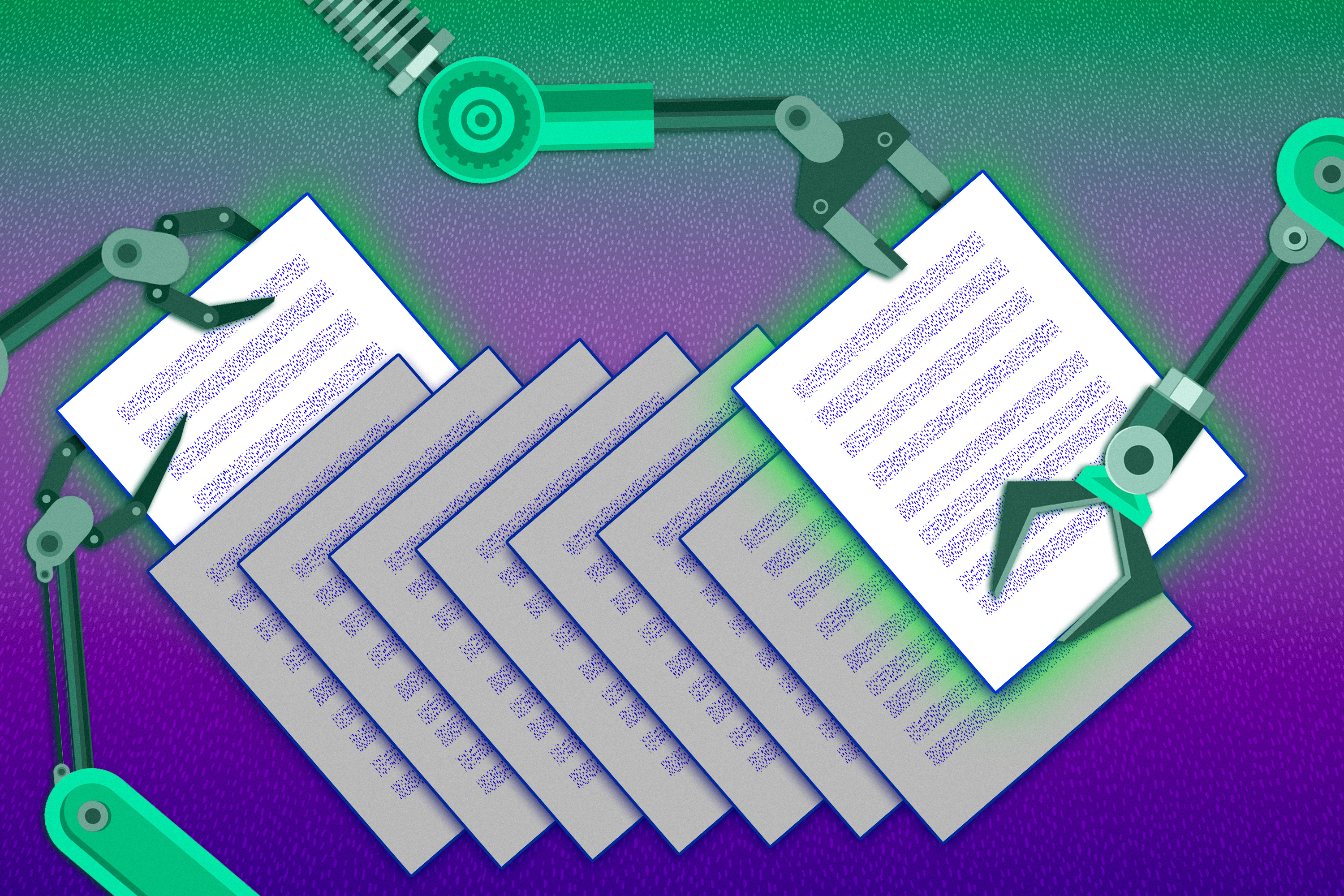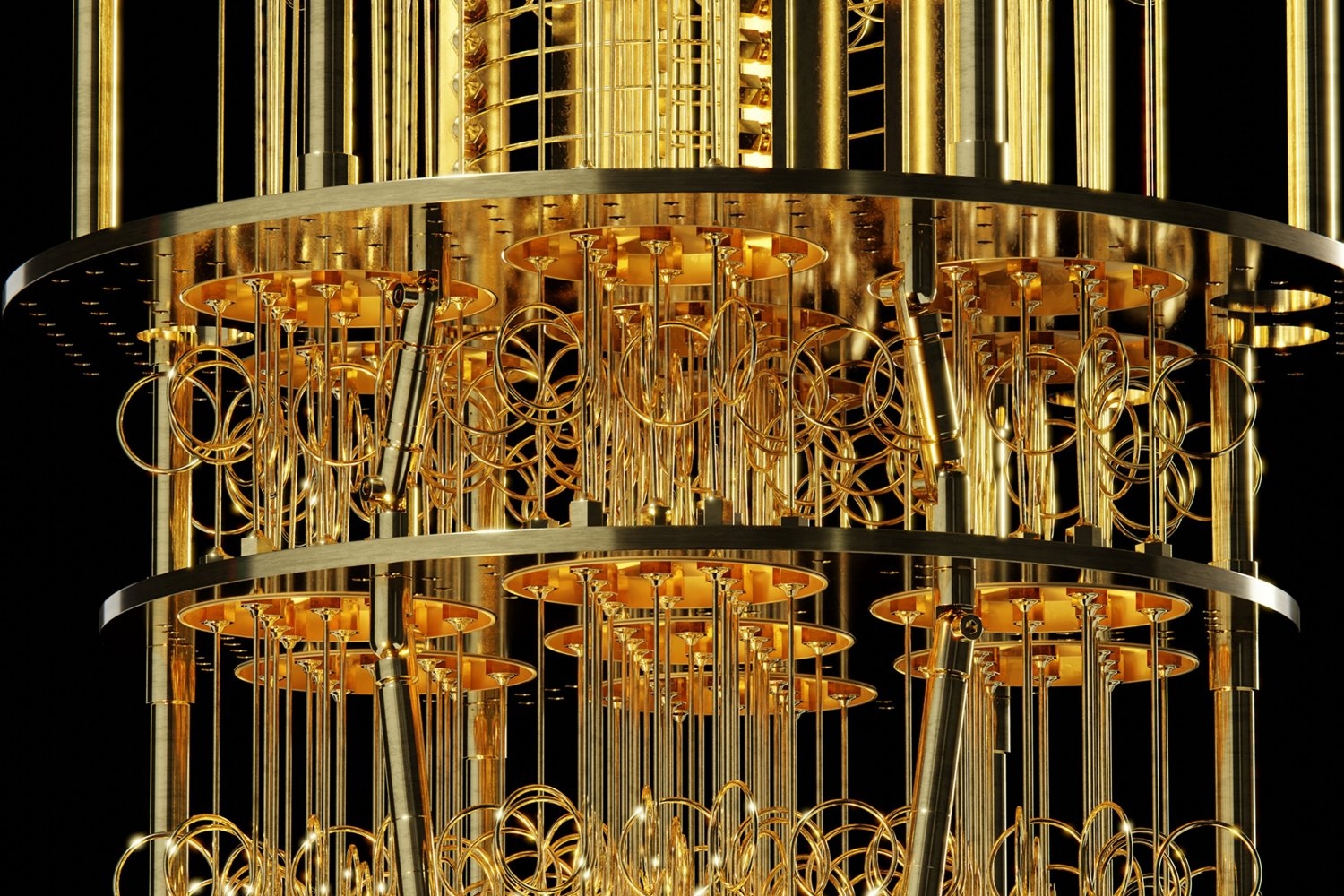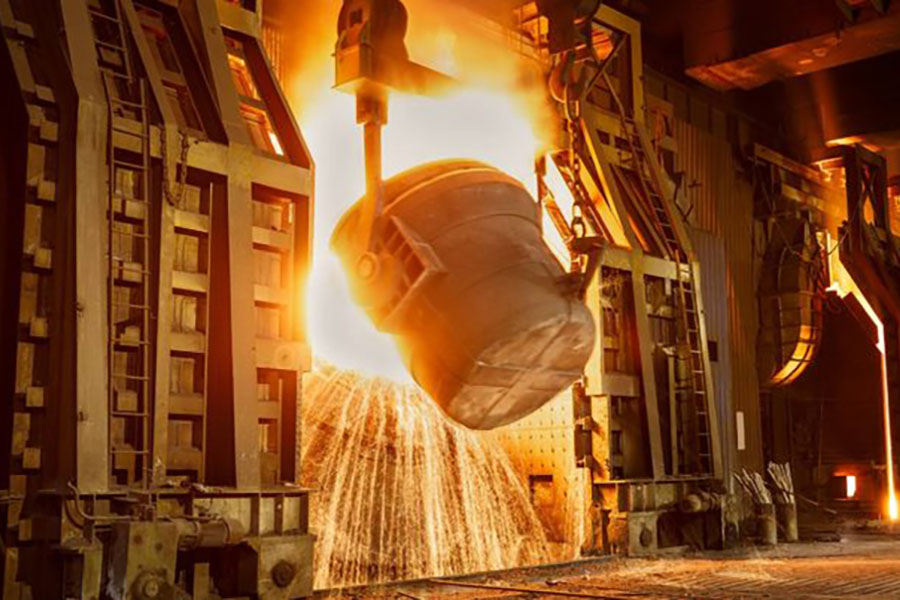Closing in on superconducting semiconductors
Plasma Science and Fusion Center researchers created a superconducting circuit that could one day replace semiconductor components in quantum and high-performance computing systems.
Julianna Mullen | Plasma Science and Fusion Center •
mit
June 17, 2025 • ~5 min
June 17, 2025 • ~5 min
/
211

